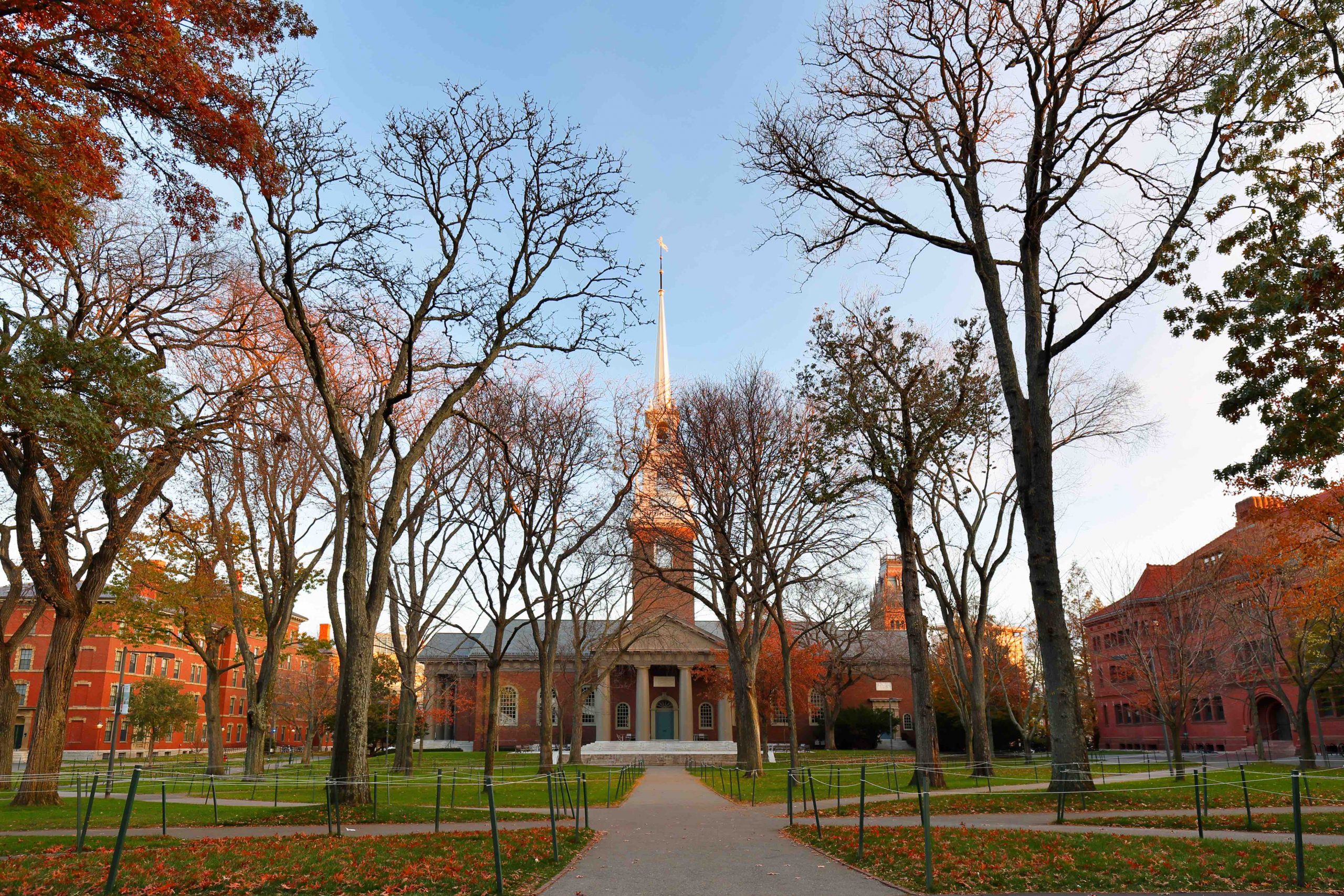
by Amy Howe at SCOTUS Blog

This article was updated on June 29 at 4:09 p.m.
In a historic decision, the Supreme Court severely limited, if not effectively ended, the use of affirmative action in college admissions on Thursday. By a vote of 6-3, the justices ruled that the admissions programs used by the University of North Carolina and Harvard College violate the Constitution’s equal protection clause, which bars racial discrimination by government entities.
Writing for the majority, Chief Justice John Roberts explained that college admissions programs can consider race merely to allow an applicant to explain how their race influenced their character in a way that would have a concrete effect on the university. But a student “must be treated based on his or her experiences as an individual — not on the basis of race,” Roberts wrote. The majority effectively, though not explicitly, overruled its 2003 decision in Grutter v. Bollinger, in which the court upheld the University of Michigan Law School’s consideration of race “as one factor among many, in an effort to assemble a student body that is diverse in ways broader than race.” Justices Clarence Thomas, Samuel Alito, Neil Gorsuch, Brett Kavanaugh, and Amy Coney Barrett joined the Roberts opinion.
Justice Sonia Sotomayor – a graduate of Princeton and Yale Law School who once called herself “the perfect affirmative action baby” – dissented, in an opinion that was joined by Justices Elena Kagan and Ketanji Brown Jackson. Sotomayor emphasized that the majority’s decision had rolled “back decades of precedent and momentous progress” and “cement[ed] a superficial rule of colorblindness as a constitutional principle in an endemically segregated society.”
Thursday’s ruling was the latest in a series of challenges to the role of race in university admissions. In both the North Carolina and Harvard cases, the plaintiffs had asked the justices to overrule Grutter. In her opinion for the majority in that case, Justice Sandra Day O’Connor reaffirmed that “student body diversity is a compelling state interest that can justify the use of race in university admissions,” but she warned that race-conscious admissions policies should not last forever. In 25 years, she suggested, “the use of racial preferences will no longer be necessary to further the interest” in diversity.
Eleven years after the court’s decision in Grutter…
Continue Reading